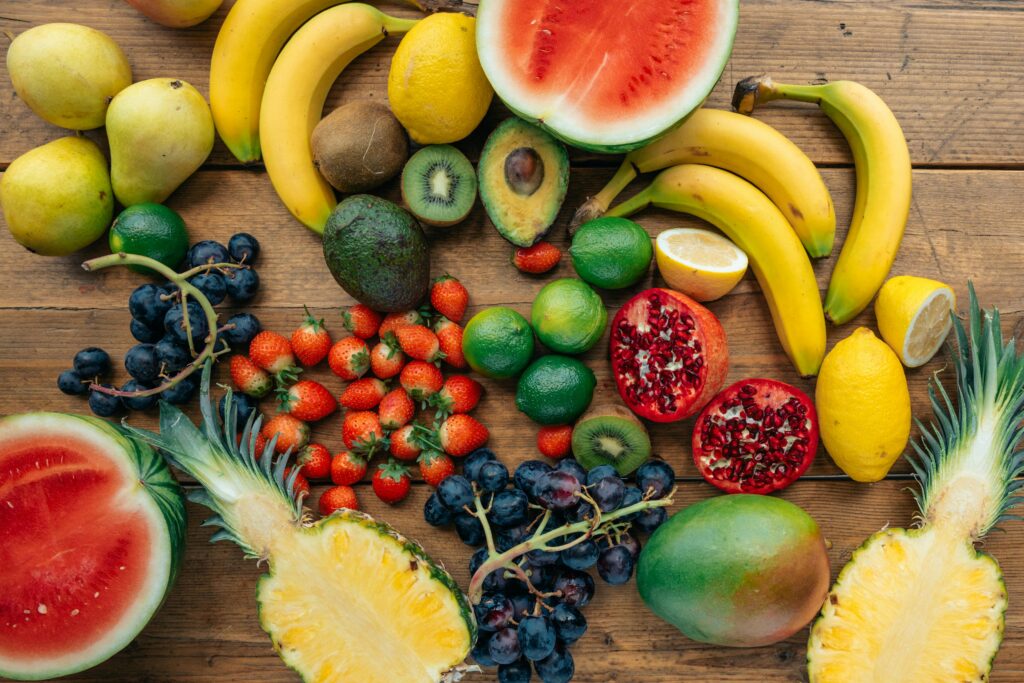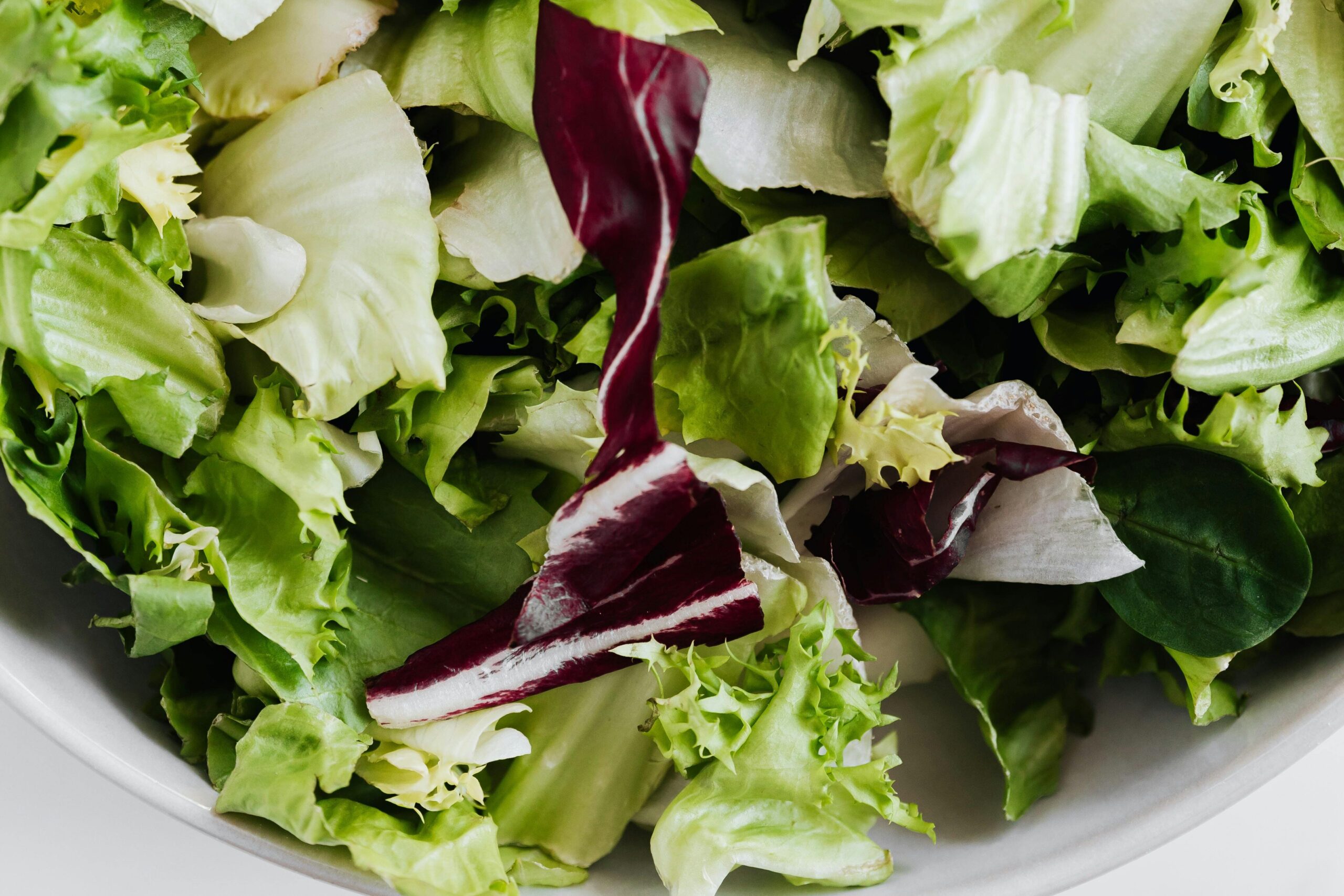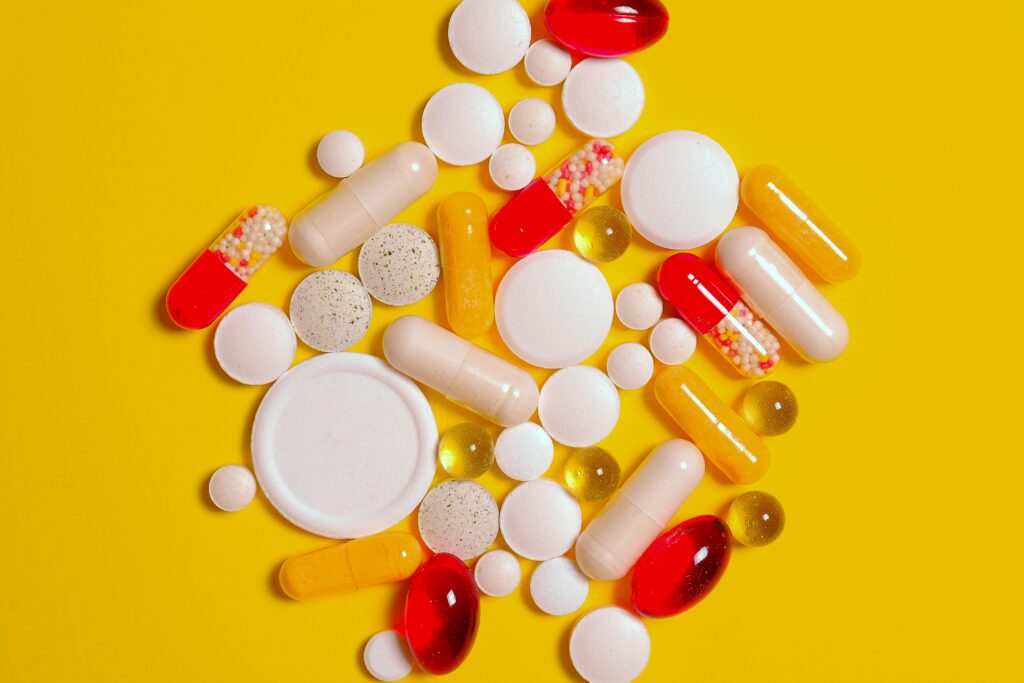If you’re having trouble growing long, healthy hair, you’re not alone. Many people struggle with hair thinning, shedding, and damage that may lead to hair loss. While it’s normal to lose 50 to 100 hairs a day, excessive hair loss may indicate an underlying issue that needs attention. Many people turn to hair oils and creams to address this, but do you know that what you eat plays a significant role in the health and growth of your hair?
Just like every other part of your body, hair needs various nutrients to grow and remain healthy. A deficiency in any of these essential nutrients can lead to hair loss or weakened hair structure, resulting in brittle, thinning hair. While external products can help, maintaining a diet rich in essential vitamins and minerals may be the key to achieving that luscious, vibrant hair you’ve always wanted.
Though factors like stress, ageing, and hormonal changes can affect hair health, the right balance of vitamins can help restore and maintain it. These vitamins can come from a healthy diet or, if necessary, through dietary supplements. Keep reading to discover which vitamins are essential for hair growth and how you can incorporate them into your lifestyle.
Key Vitamins for Hair Growth

Vitamin A

Vitamin A is crucial for maintaining a healthy scalp and hair. It supports the production of sebum, an oily substance that moisturizes the scalp and prevents hair from becoming dry and brittle, which can lead to hair loss.
To boost your Vitamin A intake, look for foods rich in beta-carotene, such as sweet potatoes, pumpkins, carrots, spinach, and kale. You can also find it in cod liver oil, eggs, yoghurt, and milk. Vitamin A is widely available in pharmacies and health stores if supplements are more your speed. The recommended daily intake is 900 mcg for men and 700 mcg for women.
B-Vitamins (Biotin)
B-Vitamins, particularly biotin (Vitamin B7), are often hailed as miracle workers for hair growth. Biotin stimulates the production of keratin, a key protein that makes up your hair, skin, and nails. A lack of biotin is linked to hair loss, making it a popular supplement for those looking to strengthen their hair.
Biotin is naturally found in eggs, meat, fish, seeds, and sweet potatoes. Other B-vitamins like B12, B6, and B3 (niacin) are also important as they help red blood cells deliver oxygen and nutrients to the scalp, promoting hair growth. The recommended intake for adults when taking supplements is 30 micrograms daily.
Vitamin C

Vitamin C is more than just an immune booster—it’s essential for hair health, too! This powerful antioxidant protects your hair from damage caused by free radicals, which can prematurely age your hair and stunt growth. Vitamin C also plays a role in creating collagen, a protein that strengthens hair structure.
Additionally, Vitamin C aids iron absorption, another key nutrient for hair growth. Foods rich in Vitamin C include citrus fruits, bell peppers, strawberries, tomatoes, and guavas. Supplements are an option, but be cautious of taking too much, as it can lead to side effects like heartburn and kidney stones.
Vitamin D

As a child, I remember always being told to soak up the early morning sun! That’s because sunlight helps our bodies produce Vitamin D, which is essential for forming new hair follicles. Studies show a link between Vitamin D deficiency and alopecia (hair loss), making it an important nutrient for maintaining hair health.If you live in an area with limited sunlight, you can increase your Vitamin D intake through foods like fatty fish, fortified cereals, eggs, and mushrooms. Spending time outdoors in the midday sun also helps. Vitamin D supplements are available in pharmacies, but consult with your doctor before taking supplements.
Vitamin E
Like Vitamin C, Vitamin E is an antioxidant that protects your hair from oxidative stress. Research shows that people experiencing hair loss saw a 34.5% increase in hair growth after supplementing with Vitamin E for eight months.
Vitamin E is found in foods like nuts, seeds, spinach, and avocados. The recommended daily intake is 15 mg, and supplements are also available for those who need them.
Iron

Iron is crucial for carrying oxygen to your cells, including those in your scalp and hair follicles. Without enough iron, your hair won’t get the nutrients it needs to grow, and this can lead to hair loss, particularly in women.
Good dietary sources of iron include red meat, spinach, lentils, and oysters. If you’re iron-deficient, supplements may help, but be careful not to overdo it, as excessive iron can cause constipation, stomach pain, and vomiting. The recommended daily iron intake is 45 mg.
Zinc
Zinc helps with hair tissue growth and repair and ensures that your scalp’s oil glands function properly. A zinc deficiency can lead to hair loss and a dry, flaky scalp.
Zinc-rich foods include oysters, beef, pumpkin seeds, and lentils. The daily recommended intake is 11 mg for men and 8 mg for women. Zinc supplements are available, but overconsumption can lead to side effects like headaches and nausea.
Selenium
Selenium is a trace mineral that helps the body fight oxidative damage and is essential for the proper functioning of the thyroid gland, which regulates hair growth. Selenium deficiency can result in hair loss. Selenium-rich foods include Brazil nuts, fish, and eggs. As with other nutrients, supplements should only be taken if there is a confirmed deficiency.
How long do hair growth vitamins take to work?
Hair supplements aren’t magic pills. It can take several months to see noticeable improvements, depending on the cause of your hair loss, diet, genetics, and other factors. Always consult a healthcare professional before starting any new supplement regimen.
Tips for Choosing Vitamins for Hair Growth

While the above vitamins and minerals are crucial for hair health, you can’t take all the supplements simultaneously. Understanding how to choose the right vitamins for your specific needs is important. Here are some tips to help you make the right decision:
Prioritize Getting Nutrients from Your Diet
A balanced diet is the best way to get the vitamins and minerals needed for hair growth. Foods provide a complex array of nutrients that work together synergistically, which supplements cannot replicate. Incorporate fruits, vegetables, lean proteins, and whole grains, which should be staples to ensure you get the necessary nutrients.
Supplements Can Help Address Deficiencies
If you suspect that you’re not getting enough of a particular nutrient or if you have a confirmed deficiency, supplements can be beneficial. However, it’s important to consult with a healthcare provider before starting any supplement regimen. This will help you determine which nutrients you lack and recommend appropriate dosages.
Avoid Over-Supplementation

Don’t be tempted to take excess supplements to get a ‘better result.’ Taking too much of certain vitamins, particularly fat-soluble ones like Vitamins A, D, E, and K, can lead to toxicity and adverse effects. Stick to the recommended dosages to avoid adverse effects.
Choose High-Quality Supplements
If you decide to take supplements, choose high-quality products from reputable brands. Look for supplements that have been third-party tested for purity and potency. Avoid supplements with unnecessary additives or fillers.
Monitor Your Progress
After starting a new supplement, it’s important to monitor your progress. Keep track of any changes in your hair health, and note whether you experience any side effects. If you don’t notice any improvement after a few months, it may be time to reevaluate your approach.
Understand the Root Cause of Hair Issues
Various factors, including stress, hormonal imbalances, and medical conditions, can cause hair loss or thinning. Before starting any supplement, it’s important to understand the root cause of your hair issues. This will help you choose the right treatment and avoid unnecessary supplements.
Be Patient
Hair growth is a slow process, and it can take several months to see noticeable improvements. Don’t expect immediate results from vitamins or supplements. Consistency is key, and it’s important to be patient and give your body time to respond to the nutrients.
Conclusion
Healthy hair begins from within, and the right nutrients are pivotal in promoting hair growth. While external factors like stress and ageing can impact hair health, a diet rich in essential vitamins and minerals can help you achieve your desired hair. With patience, consistency, and the right approach, you can nourish your hair back to health.











